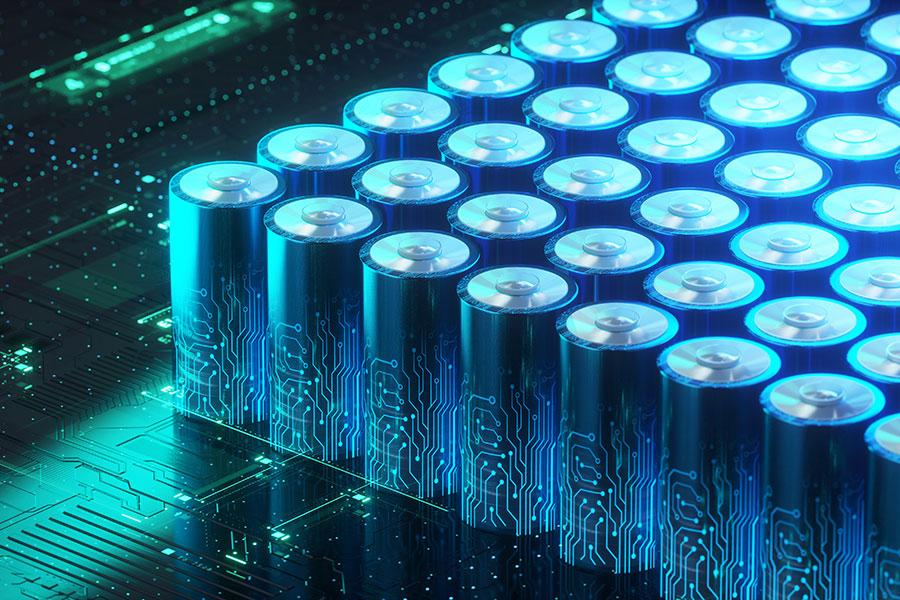
(JW Insights) Sep 22 -- Panasonic has been developing pure hydrogen fuel cells in Japan and the company hopes to promote the business in China, reported Yicai Global on September 20 after a recent visit to one of its plants.

The Osaka-based electronics manufacturer said it will showcase related products and plans at this year’s China International Import Expo, which will be held in Shanghai from Nov 5 to 10.
Panasonic has a 70 percent share of the European household fuel battery market, according to the head of the plant, who noted that the firm has produced 240,000 household fuel cells since it started mass production in 2009 and plans to further explore the Chinese market.
Panasonic launched the Panasonic Green Impact campaign in April last year with the aim of reaching net-zero in-house emissions by 2050. To achieve the goal, the company has been developing a fuel cell called Ene Farm, which uses a chemical reaction of hydrogen and oxygen to generate electricity and heat.
Hydrogen has not yet become widely used mainly because it is too expensive, Norihiko Kawamura, who runs Panasonic’s hydrogen business promotion office, told Yicai. Such fuel cells use 0.6 cubic meters of hydrogen to generate 1 kilowatt hour of electricity, which costs JPY60 (41 US cents), he added.
Panasonic also seeks to promote hydrogen fuel cells in China, but recognizes that will be difficult due to hydrogen supply issues and the cost of equipment, Kawamura said.
The firm needs to pay a 5 percent tariff and 13 percent value-added tax as well as freight charges to export equipment from Japan to China, so it needs the help of the Chinese government and supportive policies to promote hydrogen fuel cells in the country, he noted.
The 5 KW cogeneration system Panasonic unveiled this year can be a demonstration project for urban areas, Zhao Jishi, secretary general of the China Hydrogen Development and Innovation Alliance for Urban Gas, told Yicai.
But the system faces challenges such as expensive hydrogen, the fact that China’s electrical power system is different from Japan’s, and competition from solid oxide fuel cells, Zhao added, according to the Yicai Global report.
(Gao J/Yuan XY)
RELATED
READ MOST

No Data Yet~







